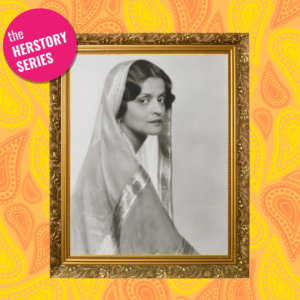Historians will agree that gender roles have differed since the beginning of documented time. The most ‘woke’ among us would argue that, in 2021, women remain submissive to a patriarchal agenda both in the bedroom and in society. But how does sex – with all its complexities – fit within modern feminist values?
With the growth of feminist empowerment throughout recent years, women have attained more power in society than ever before, but what about the imbalance in the bedroom? Despite more and more conversations surrounding the importance of consent, nobody seems to be discussing the power dynamic behind closed doors.
Essentially that’s what sex is – what the imbalance reigns on. Regardless of sexuality, sex is about power – who obtains it and who doesn’t.
For some reason, there is a stigma around discussions of sexual experiences. But sex is a natural aspect of everyday life – why should it be kept in the dark (pun intended) Of course it always comes up in casual conversations with our girlfriends over an excess of cocktails, but why aren’t bigger feminist debates happening?
From Emmeline Pankhurst to Beyonce, to the powerful chorus of women outraged at the case of Sarah Everard, generational waves of feminism have always challenged patriarchal barriers of authority, but this doesn’t mean the fight is over. The fetishisation of choking and taboos surrounding sex workers underline predominant aspects in which women are blamed for their ‘loose’ sexuality, repressing them into societal banishment.
The Sex Positive movement initially began as a campaign in the 1980s to celebrate sexual liberty and empowerment of choice, enabling it to become a vital component of feminism. This advocates for the freedom of sexual orientation, activity and engagement, ultimately driven by personal desires. The dominoes continue to fall through the rise of the 2017 #MeToo movement, enabling women globally, to share personal experiences of sexual assault and harassment.
The glorification of BDSM and fetishisation of choking in recent years mirrors something more disturbing, sexually paralleling one of the most common causes of death for domestic abuse victims, strangulation.

International Studies from the 2008 Journal of Emergency Medicine have shown that between 23% and 68% of female victims of domestic violence have experienced at least one strangulation assault by a male partner during their lifetime. Where do you draw the line – would it be acceptable to choke someone in their kitchen?
Professor Sanders, a Criminology lecturer at the University of Leicester proclaims that ‘sex work is the job in the UK with the absolute greatest risk of occupational homicide for women’ due to the increased vulnerability of the individual combined with the geographical locations of their workplace. ‘Female sex workers’ mortality rate was recorded as 12 times higher than women from the general population and murder was identified as one of the leading causes of death’. Is this accidental or an opportunistic manipulation of physical power?
Asphyxiation is the ultimate form of obtaining control, enabling an individual to choose their next breath. Although this sexual repression is not specific to women, there is an unnerving link between the two. Does this diminish one’s self-worth within sexual activity, or does the notion of pleasing their partner outweigh this?
Sexual desires often stem from influences within one’s adolescence, otherwise known as pornography. Although many argue that porn is anti-feminist as a result of the objectification of women and heavy focus upon male pleasure, this industry is one of the most feminist. This remains one of the few professions in which womxn receive a higher salary than their male counterparts. But, realistically with the implications on female porn stars’ own love lives, we have to wonder at what personal cost.
Although porn offers completely unrealistic expectations of sexual experience and body type, (no, not every woman has DD’s), porn can act as a form of education for ignorant teens who haven’t sat through that dreaded ‘talk’ with their parents. Does pornographic education and proportioned wages override any anti-feminist argument?
The culture of slut-shaming and taboo of sex workers appears difficult to shake. Womxn are either labelled as ‘frigid’ or a ‘slut’ for their private relationships. On the other hand, men are praised for achieving yet another number on their sexual wall of fame.
The damaging effects of slut-shaming are enhanced through one’s teenage years, with the prominence of social media outlets, labelling is often inescapable. The National Education Union revealed that more than one-third of girls had experienced some form of sexual harassment in UK mixed-sex schools, with 14% feeling pressured to send a nude photo. Leaked photos of teens can hold catastrophic effects on mental health, increasing suicide rates by 94% since 2012.
This power dynamic is accentuated through an animalistic form of attraction, also known as wolf-whistling. This begs the question – is catcalling offensive or flattering? This is entirely dependent on your feminist standpoint. This focus upon physicality can seem uncomfortable and threatening to womxn on the street.
Similar to the porn industry and profession of sex workers, their business is derived from sexual attraction and objectification of bodies. Although many dismiss this and argue their lack of self-worth, the financial exploitation of sex is, logically, almost entirely feminist.
Both sex workers and porn stars have managed to manipulate the sex industry by feeding into fantasies of power to generate a considerable income. This commodification of an in-demand pleasure emphasises a feminist display of sexual liberty and financial independence. But the implications of their work-life can be – and often are – harshly judged by those brought into a patriarchal system of judging women’s independent choices.
Author Flo Perry claimed that ‘feminist sex is about having the sex you want to be having, rather than the sex you think you should be having’.
‘Feminist sex is about having a sex life that is free of expectations’.
A personal choice to each of us.
Disclaimer: This is an opinion article and all views expressed in this article belong to the writer and are not the views of the magazine. The New Feminist does not necessarily agree with all opinions expressed within opinion content.














